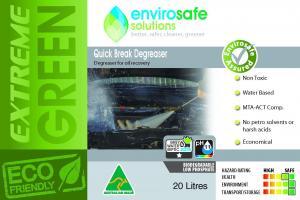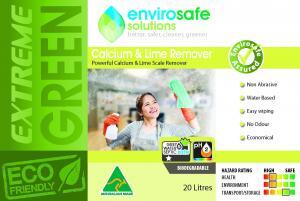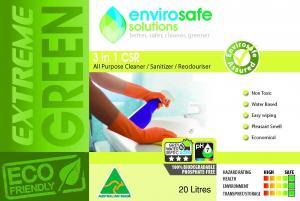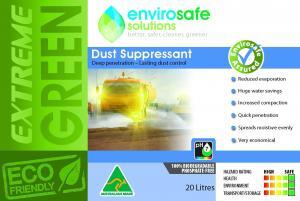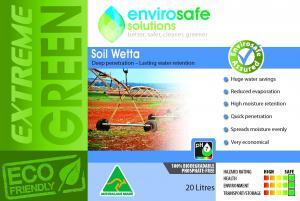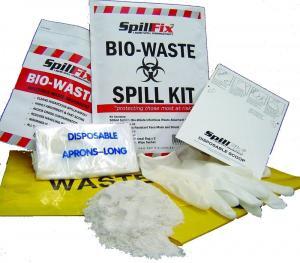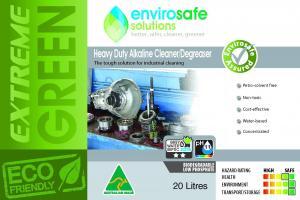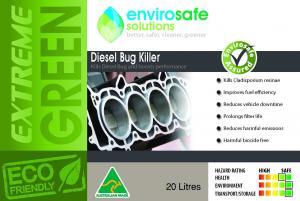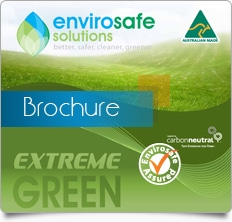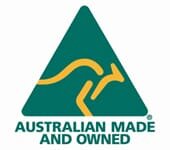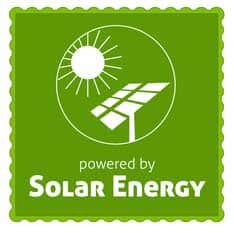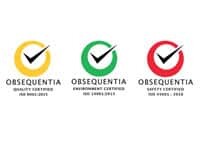 If you have ever visited The Great Barrier Reef or been to any one of its coral quays such as Heron Island, you will know the delightful duality of the turtle. Slow and cumbersome on land as it makes its way up the beach for laying, and graceful and agile in the water, as it glides and moves on its subaquatic journeying. The large sea turtle is an amazing creature and yet according to the Sea Turtle Foundation it is close to extinction and needs your help.
If you have ever visited The Great Barrier Reef or been to any one of its coral quays such as Heron Island, you will know the delightful duality of the turtle. Slow and cumbersome on land as it makes its way up the beach for laying, and graceful and agile in the water, as it glides and moves on its subaquatic journeying. The large sea turtle is an amazing creature and yet according to the Sea Turtle Foundation it is close to extinction and needs your help.
The Sea Turtle Foundation states there are 2 main threats to the turtles: natural and human. But it is the human threat that is most concerning. “Human impacts are now the sole cause of all sea turtle species being listed as vulnerable, endangered or critically endangered. It is recent human activities that have created new causes of death and greater mortality amongst the sea turtles,” states the foundation.[1] It also lists the following as the most serious human activities:
- Climate change
- Habitat changes
- Boat strikes
- Marine debris
- Fishing activities
- Unsustainable hunting
- Poor water quality
- Feral animal predation
- Tourist souvenirs[2]
Marine Debris
Every year, 100,000 marine mammals and sea turtles and around 1 million sea birds die from consuming or getting tangled in marine debris. This debris consists of any material that is dumped or thrown or blown into the ocean. The piece of plastic you drop in the street, may make its way along a stormwater drain and out to sea. Months later, the very same plastic bag could be found in the stomach of a dead sea turtle lying on a north Queensland or Great Barrier Reef Beach.
And this plastic is by far the worst offender and threat to this mammal. Plastic bags waft and undulate in the ocean currents and resemble the jellyfish which is the natural food source for many turtle species. Once the plastic is ingested, it can choke the turtle or block it stomach and its digestive tract.
The Sea Turtle Foundation director, Tim Harvey, is currently leading the push for a turtle rehab centre to be established in Gladstone in central Queensland. “At the moment, anybody who finds a turtle and needs to get it to a rehab centre has to take it down to Brisbane or the Gold Coast and that is a long, long way. If we could get a rehab centre going here in Gladstone, it would be a fantastic thing for the area because it is a huge area for turtles,” he said.[3]
The foundation is also working hard with local governments and councils and other bodies to encourage people to dispose of their rubbish appropriately. It currently
- Works with local councils to have pollutant traps placed over stormwater drains
- Lobbies government for tighter controls
- Raises awareness amongst community members and businesses
- Works with many other organisations to help clean local regions and coastlines
- Works towards complete bans on mass balloon releases and free plastic shopping bags.
Envirosafe Solutions supports the work of the Sea Turtle Foundation, and had developed a range of water-safe laundry liquids and detergents that respect our precious waterway and oceans. Join the Green Revolution and purchase Envirosafe Solutions products. Call at 1300 88 9070.
[1] http://www.seaturtlefoundation.org/threats/human
[2] Ibid
[3] http://www.abc.net.au/news/2011-08-01/push-on-for-turtle-rehab-centre/2819098









